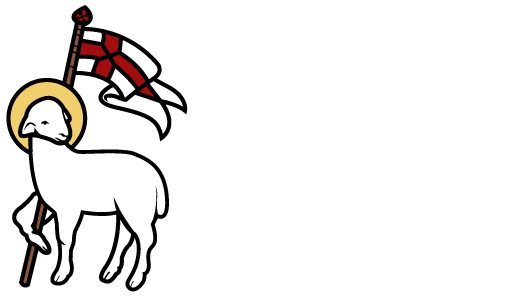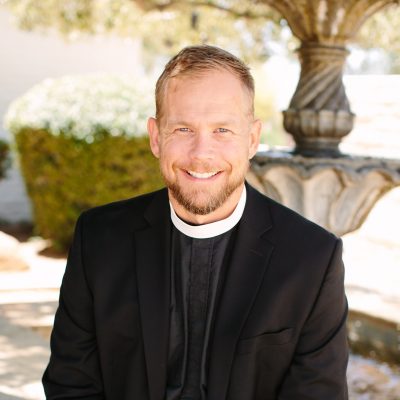An excerpt from the bishop’s weekly blog:
Over the last thirty years of ministry life, I have seen two disciplines change people’s walk with Christ: prayer and the reading Bible. These two are the foundation of an interior life in God.
In 2025 I am asking every willing Episcopalian in our diocese to read the Bible through with a small group, whether your congregation or your own team. You can, but I do not recommend, doing this alone.
Reading the Bible is hard. It requires dealing with existential questions and deeply held beliefs. And it takes time, somewhere between fifty and a hundred hours according to Audible. (Yes, listening counts if you make notes and think about the readings.)
It may take you longer than a year. You might decide to read only the New Testament, which is understandable. Take up the challenge from where you are but commit to reading the Bible in 2025.
Every Christian should read the whole Bible at some point in their life, and many read it through annually. What about the lectionary? Or the Daily Office? I rely on them, but they only focus on specific parts of the whole text for various reasons. Thomas Cranmer wrote in the introduction to the first Books of Common Prayer:
For they so ordred the matter, that all the whole Bible (or the greatest parte thereof) should be read over once in the yeare, intendyng thereby, that the Cleargie, and specially suche as were Ministers of the congregacion, should (by often readyng and meditacion of Gods worde) be stirred up to godlines themselfes, and be more able also to exhorte other by wholsome doctrine, and to confute them that were adversaries to the trueth. And further, that the people (by daily hearyng of holy scripture read in the Churche) should continually profite more and more in the knowledge of God, and bee the more inflamed with the love of his true religion.
It is much easier to read the Bible with others, especially with the guidance of an experienced and trained priest or deacon. And it was the clear intention of the Reformers that we should read the whole text in the context of common prayer. Once you have read the whole, you can more fully understand the context for the readings of the week or daily office. (Notes along The Way 12/11/2024)

